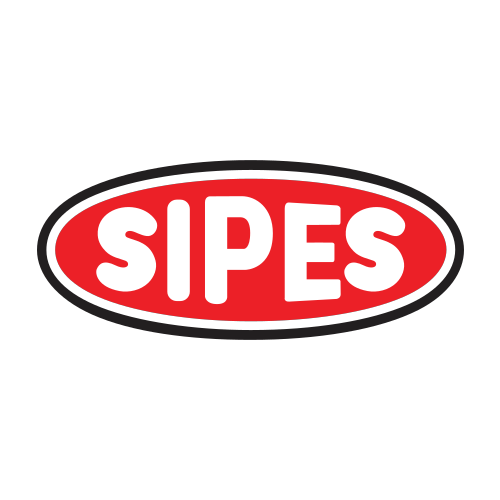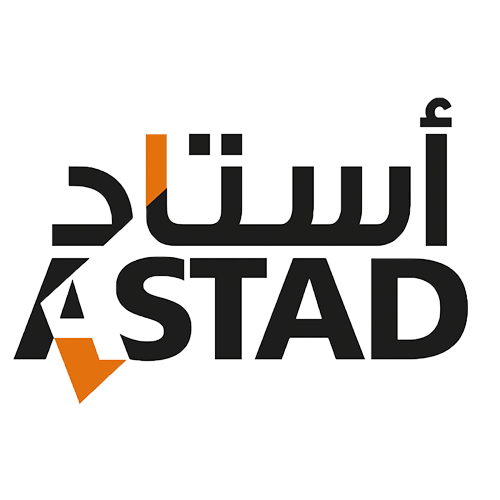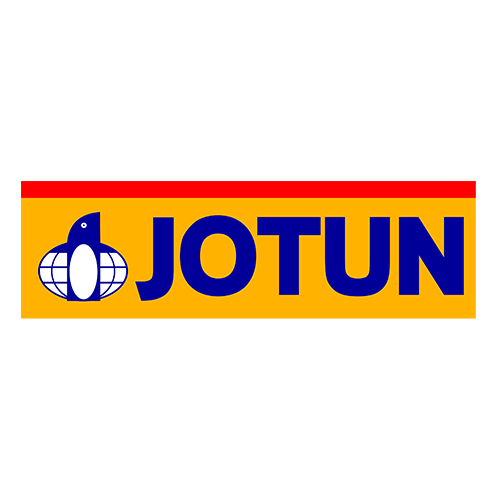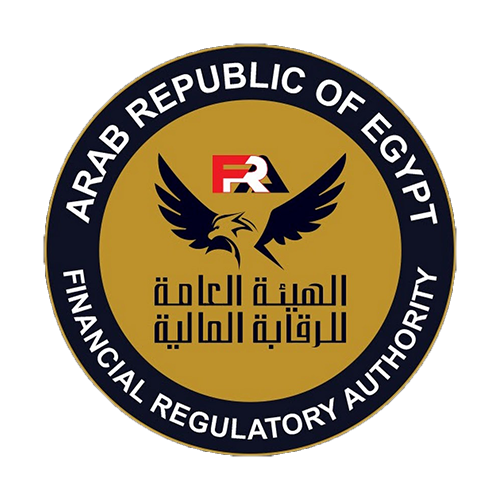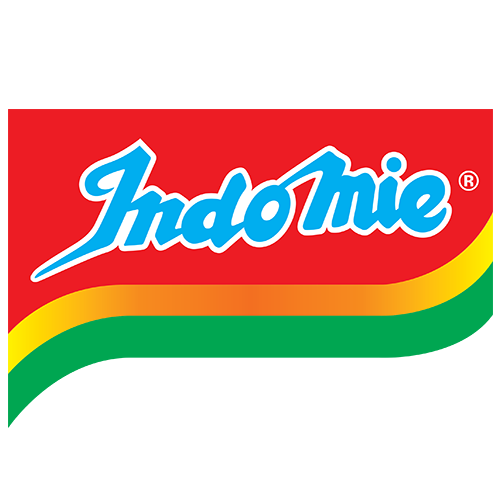What are the Features of Outdoor Catering?
What are the Features of Outdoor Catering? Whether you are planning a small, intimate wedding or an event on a…
“We shape our buildings; thereafter they shape us.”
Sir Winston Churchill
The International Facility Management Association re-wrote its definition of Facility Management, but in 23 words, it can’t possibly tell the whole story.
Before we look at what it takes to be a leader in FM, it makes sense to look at what FM involves.
According to International Facility Management Association (IFMA), facility management is “… a profession that encompasses multiple disciplines to ensure functionality of the built environment by integrating people, place, process and technology.”
That definition works but doesn’t go far enough.
FM is a complex profession made up of many different titles with varying scope and responsibility.
It is about keeping the doors open and the lights on. But it’s also about ensuring the company gets the best value for its investment in the buildings, whether it’s the rent it pays or the return on investment it receives as an owner.
Source (manage FM & real estate book)
Facility Management (FM) is a multi-departmental business evidence-based management discipline and software productivity that focuses on efficiency efforts and long-term success in areas like real estate, operational finances, human resources, maintenance, and information technology (IT).
Generally speaking, anything having to do with a facility manager, business’ facility or space and physical assets is part of facilities management and productivity growth, and it’s easy to see why.
When it comes to productivity, having all these elements in order is an essential recipe for success.
A business can’t run properly when its facilities and physical assets aren’t in working order.
However, beyond that, a well-run FM program can be a key factor in facilitating productivity for individual employees on a day-to-day basis in the workplace.
A facilities management professional should be in charge of these operations to ensure improved productivity within the company by using the information from maintenance and daily operations reports to determine the best solution for any problems that may arise that can ultimately negatively affect productivity within the workplace.

From broken computers to burst pipes, there are plenty of facility-related issues, errors and accidents that can bring productivity to a grinding halt for any number of employees in an office. When there isn’t a proper reporting system or chain of command for dealing with facilities-related issues, productivity is derailed not only for the employees directly affected by the issues but also for many of their colleagues, subordinates, counterparts and managers.
Even simple problems like a broken desk chair that won’t be replaced for two weeks due to bureaucratic slowdowns can have a ripple effect throughout the office.
But when businesses pay proper attention to FM, they make it easier to move past these inevitable breakdowns in functionality and get productivity back on track as soon as possible.
An office space that functions properly in a structural sense is better placed to function properly in a work outcome capacity as well.
While this is a not insignificant benefit to incorporating FM techniques or even creating an FM department, it’s not the only way good facility, space and physical asset management can make efficient operations more common.
Solving problems efficiently when they arise and giving employees a way to report these problems is a good first step, but it’s not the only way to make productivity a major focus of FM efforts.
There are four different dimensions concerning the digitalization of facilities management.
Technology has fast become a vital element of business, and increased digitalization may pose new challenges for facility management.
End-to-End digital facility management services allow the customers or employees to interact with the business on a digital level and it is a safe and secure way to aid in improving employee management. Digitalizing the facilities management aspects of the business can provide updates that can be accessed in whatever location they are needed, at whatever time they are needed. For example, if there is an emergency maintenance issue that arises, the facility manager will receive this information quickly and be able to provide the business with updated resources to ensure that processes are maintained and functioning while being able to go from facility to facility to take care of any other potential issues as well.
Digitalization means an increase in productivity and tracking and assigning maintenance requests are easier to do and can be tracked in real time. It offers the maintenance management team the ability to prioritize maintenance issues based on their priority status so that the management team can accomplish what needs to be done right away while being able to track other issues as they come. The real-time data that digitalization allows can also help foster collaboration from other team members across all departments so that work orders are assigned and tackled efficiently and easily without having to disrupt any other processes.
Workplace productivity and retention will also see vast improvements because the facilities management, IT, and HR departments can all become integrated with the digital system in order to maximize each department’s potential.
Energy and sustainability can be translated into reduced costs and improved savings which will show an immediate return on the investment.
Finally, compliance management in regards to the FM can be effectively monitored including the preventative maintenance aspects of the company as well as strategic management, completion schedules and predicted costs of each job.
Digitalization does, however, include a small investment but the potential is there, and the ROI can increase productivity and find cost reductions which will take functionality to a new and improved level of strategic management.
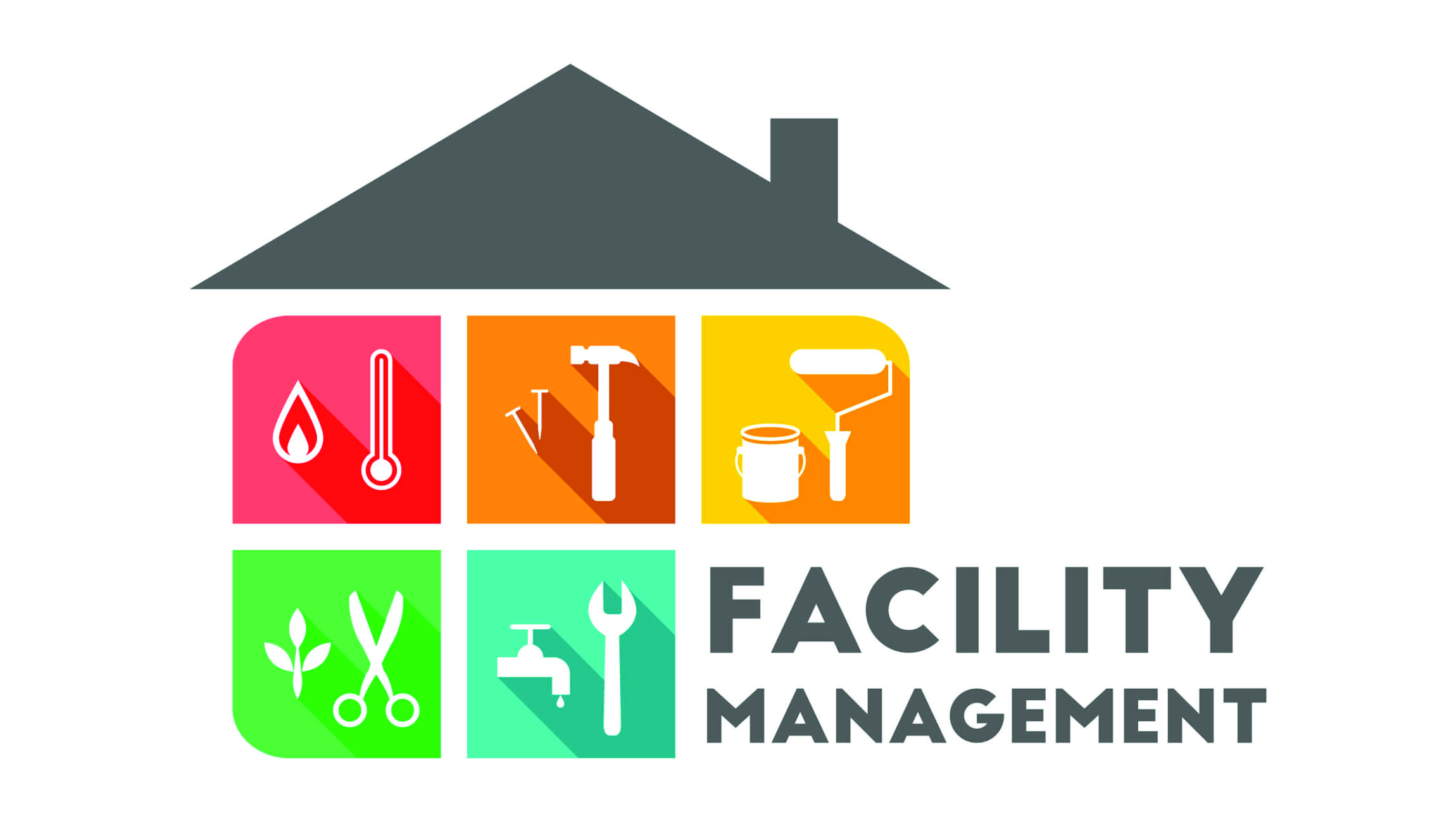
There are several core competencies concerning facility management.
Some of these core competencies include communication, finance and business, human factors, leadership and strategy, operations and maintenance, quality, technology and property management.
Communication is one of the most important aspects of any type of management position.
Effective communication can help increase the company’s effectiveness and timing as well as the understanding of the processes that are involved concerning facilities management. Messages within a business need to be clear and concise and easy to understand. To achieve effective communication when sending out messages, be sure that the message is broken up into smaller sections and the purpose of the message is clearly defined.
Operations and maintenance are also critical elements of a successful facilities management system. In addition to the normal maintenance and procedures, the facilities manager will also be responsible for effectively allocating space, ensuring compliance with government regulations, and developing a continuity plan so that the business can quickly recover after an incident or problem.
Facilities management ensures that the business remains in operating order, the employees are safe, productivity is increased, and the workplace remains a friendly and inviting environment for both employees and clients.
Facility management software and other computer aided project management solutions are often employed as a way to help keep track of goals and helps everything run smoothly while being more manageable. Facility management software is a web-based solution to help reduce the costs of maintaining the facility, improve the flow of information throughout the departments, and boost operational efficiencies.
The people who work in an organization’s facilities are also part of FM, which means that human resources (HR) concerns and FM concerns often overlap. As a matter of fact, HR professionals working for businesses with significant FM programs may find themselves working with the facilities department’s employees and tools more often than you might assume. While FM doesn’t necessarily deal with HR functions like dispute resolution, legal compliance or payroll concerns, it can relate to things like employee satisfaction and recruitment. Think of it this way: If you showed up for a job interview and the receptionist couldn’t tell you whether your interviewer was in the office and where your interview was to be held, you wouldn’t be very impressed with the business, would you? Similarly, no candidate wants to feel a sense of chaos when they walk into a prospective employer’s office. FM can absolutely help to keep these parts of the recruiting process under control.
Beyond recruiting, the synergy of FM and HR functions can mean smoother day-to-day operations for employees in all departments and leadership levels. Considerations like desk assignments and even seemingly minor things like deciding who gets to use which conference room when might not have a huge impact on the grand scheme of business operations. However, on a micro scale, these matters can make a dramatic difference in the way individual employees experience life in the workplace, which, in turn, has an effect on how well they work and how much they produce.
Without the dual function of FM and HR in concert, these details can slip through the cracks as leadership in each individual department assumes that someone else in the organization is taking care of it. This kind of buck-passing is always detrimental to productivity, even when the focus of the task is something that seems like a relatively minor point of concern.

To improve productivity, technology should increase workplace productivity, rather than distract people. The technology should provide the users with ease and flexibility that can also adapt the changing needs of the business. Technology applies to the overall infrastructure of the business down to the applications that are used as well as the phone systems.
The best technology is the technology that does not take a lot of time to set up and learn. It should also not require a lot of additional time to maintain. While it may work, the facilities management professional should analyze the available tech to determine if it is increasing productivity and providing the employees with a more comfortable and suitable working environment.
Through communication efforts, the facilities management professional team can develop plans of communications to effectively deliver the proper messages and recommendations to the workers, the public, senior management and even the customers. The facility manager will also develop and oversee the application of standards for the business and review performance records including benchmarking, KPI’s, service response times and other measurable events. This information can help devise a plan of strategy to further improve productivity and also measure the quality of the services that are given.
The facilities manager also has the responsibility of auditing and documenting compliance codes, regulations, and other policies and standards to ensure everything is being followed.
When workers in an organization feel that they are working in a positive environment with open communication standards, then you will see improved performance and increased productivity. There are many factors to consider regarding a facilities management system. Not only should the maintenance issues be addressed and the easy measurements of the input and output of energy, rent, and wages, a facilities manager should also consider disruptive workplace factors that could increase the negative input and dampen productivity.
According to the IFMA, Facility management is the practice of coordinating the physical workplace with the people that are employed there and the overall work of the organization. Principles of business are being integrated with factors such as administration, architecture, and behavioral and engineering sciences.
Soft facilities management is another aspect of FM that is essential to the success of the business. Soft facility management services are those services, or elective, that are geared more towards the people that work for the company. Soft services include electives such as window cleaning, general cleaning services, security, mail management, waste management and even catering. These services ensure a comfortable and secure environment for the employees, which can, in turn, lead to improved productivity.
Facility management professionals can conduct a Facilities Needs Assessment to help them determine which of the above services are needed and which may be unnecessary. To complete the assessment, the facilities manager will consider if the needs are sufficient or efficient and if the facility needs maintenance or duplicate services can be eliminated. Security and sustainability are also objectives and require organization and the delivery of the services by the facilities manager to make the workplace safer, more efficient, and compliant.
Hard FM services are those services that are a physical part of the facility and cannot be removed such as heating, lighting, plumbing, fire safety systems, air conditioning, and building maintenance. These services are required and are typically required by law to be available in the workplace.
Under the Workplace Regulations 1992 for health, safety, and welfare these are regulations that the facilities manager must always consider and ensure are properly maintained and remain in working order.
These daily operations and maintenance services are performed and overseen by the facility management professional, and they may also handle the responsibility of the maintenance staff, payroll, of the maintenance staff, and the budget available for these services.
Overall, facility management is important for workplace productivity because it is an easy and efficient way of managing and tracking all the vital information concerning how the business is operated and maintained. Without these services and the lead of a facilities manager, then the business can experience increased downtime due to maintenance issues, lower employee morale, and decreased productivity which can result in the loss of revenue and the additional costs of maintenance due to the operations and systems that were not being managed and examined.
Facility management software helps the company reduce space and maintenance costs while increasing the efficient use of their other assets, as well as increases productivity. Computer aided facility management is an effective solution that allows a facility manager to plan, execute, and monitor all activities. These activities include planned preventative maintenance involving the services, space and move management, asset management, standard services, and even long-term planning needs concerning these services and the budgets required to align with the needs of the business.
Computer aided facilities management can also reduce the amount of inaccuracies that are reported and can help provide the most up to date information that is available. All of these factors can lead to reduced costs and greater efficiency in the workplace as well as improved customer service.
What are the Features of Outdoor Catering? Whether you are planning a small, intimate wedding or an event on a…
Discover the 5 amazing powerful ideas to improve your school catering service In Catering Plus, we provide high-quality catering services…
5 big noted faults you have to avoid when catering for any events When you plan to organize a formal…





